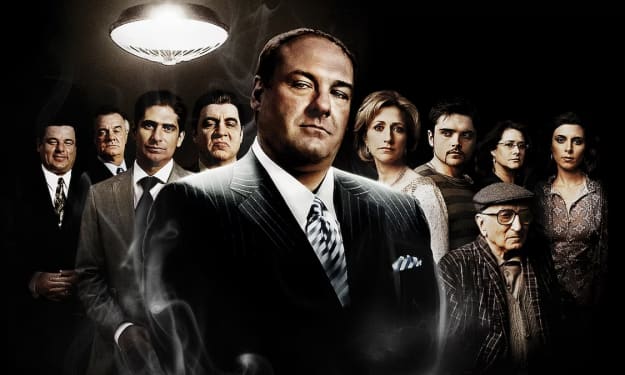Music and The Enlightenment
An Informative Essay

The Merriam-Webster Dictionary defines The Enlightenment as “a philosophical movement of the 18th century marked by a rejection of traditional social, religious, and political ideas and an emphasis on rationalism”. The Enlightenment was a time of change, of development as a society. The effect of shunning the old ways and moving forward from the ties of tradition. The Enlightenment changed every aspect of society, including music. During the Enlightenment, changes in thinking and seeing the world had an impact on how music was written and distributed.
Before The Enlightenment, music was only made for and available to a small number of people: the upper class. Only those who could afford to pay for private forms of musical entertainment had access to the wonders of the music world. Prior to The Enlightenment and its radical ideas, there were no public concerts for musicians to play at, or for the middle and lower classes to enjoy. The ideas of The Enlightenment brought about significant changes in the way music was written. Music began to become natural and pleasing to the human senses, especially during the Classical Period, the era of Mozart and Beethoven. Not just the music itself was affected, but the ideas of how music should relate to the listener. Composers believed that musical language should be international and appeal to everybody’s taste in music. With the rising interest in music from the middle class, for they now could afford to indulge in such activities, musicians had to find a new way to accommodate large audiences. Their solution to this pressing matter: to open public theatres where anybody that could pay for a ticket could enjoy music. Many more instruments began to be used in the musical performance world, such as the lute, the cello, and the bassoon. With the publication of sheet music for amateur musicians came the publication of musical magazines. Composers began to write for beginners so that they could practice and develop their skills. These advancements moved the music industry into a new era of availability and fellowship between classes.
During The Enlightenment, two periods of music developed, the Baroque Period and Classical Period. The first was the Baroque Period. Beginning in the 1600’s, this period represented the first changes in the music industry caused by The Enlightenment. The style was based on the principle that music could communicate emotional states through movements and works. Some works during this era were program music, or music that depicts a scene story or idea. A famous program piece was "The Four Seasons" by Antonio Vivaldi, who was an influential Baroque composer. Vivaldi was known for his numerous composition of sonatas and concertos. At the time of his death, he composed over 500 concertos for varying instruments. Another great composer to rise out of the Baroque Period was Johann Sebastian Bach. He was born into a musically gifted family in Eisenach, Germany. His compositions maintained consistent rhythmic flow and inventive instrumentation. He also composed some works that were designed for the instruction of his students. Some composers did not make an impact during their lives, but like George Frideric Handel, they influenced many generations of composers after their death. The Baroque Period ended sometime around 1760, slightly overlapping the Classical Period, which began around the 1730’s.
The period following the Baroque was the Classical Period. This was a time of an increasingly musically literate public. Music was making its way into homes and daily lives. The musical aesthetic surrounding this era was one of conflict, contrast, and resolution. At the center of it all: Vienna. The Austrian city became the hub of all things music in the 1700’s. Famous composers, like Wolfgang Amadeus Mozart, found their place in the cultured city. Mozart was one of the world’s first freelance musicians, meaning he had no ties to patrons or the church. He made his way composing some of the world’s most famous operas, piano, and violin pieces in the city of Vienna. His compositions reflected balance, symmetry, and emotion. During his lifetime, he formed a close friendship with fellow composer and teacher Joseph Haydn. Haydn is considered to be the “father” of symphonies and quartets. He was the inventor of the string quartet, which was meant to represent four people engaged in a conversation. Along with his achievement of the quartet, he also was the first composer to use special effects that grabbed the listener’s attention. Besides being Mozart’s close friend, he was also the teacher of another household name, Ludwig van Beethoven. Reflecting the ideas of The Enlightenment, Beethoven brought a new depth and intensity to musical composition. His works stirred up plenty of controversy throughout Europe, but his music and style were widely accepted nevertheless.
Throughout history, musical style and ideas are constantly changing to reflect the ideas of its people. Music continues to develop and grow every day. As people change their ways of thinking and what they believe is acceptable, music finds its way of pushing the boundaries. The effect that The Enlightenment had on music was irrevocable; public concert halls were established, lower classes had access to music, and even music itself changed and grew. It is hard to think of what music might be like today if we hadn’t changed the way we saw music during The Enlightenment.
About the Creator
Beverly S. Young
just a youth living in this world






Comments
There are no comments for this story
Be the first to respond and start the conversation.